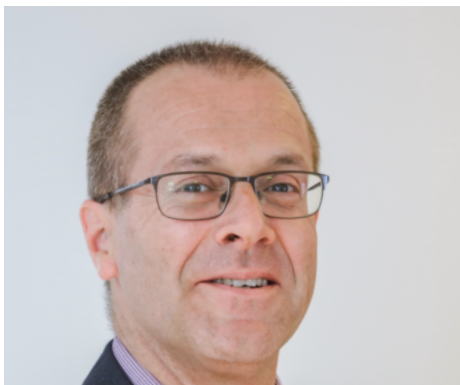COPENHAGEN (AP) — The director of the World Health Organization’s Europe office said Thursday the continent is now entering a “plausible endgame” to the pandemic and that the number of coronavirus deaths is starting to plateau.
Dr. Hans Kluge said at a media briefing that there is a “singular opportunity” for countries across Europe to take control of COVID-19 transmission due to three factors: high levels of immunization due to vaccination and natural infection, the virus’s tendency to spread less in warmer weather and the lower severity of the omicron variant.
“This period of higher protection should be seen as a cease-fire that could bring us enduring peace,” he said.
As the winter subsides in much of Europe in the coming weeks, when the virus’s transmission naturally drops, Kluge said the upcoming spring “leaves us with the possibility for a long period of tranquility and a much higher level of population defense against any resurgence in transmission.”
Even if another variant emerges, Kluge said, health authorities in Europe should be able to keep it in check, provided immunization and boosting efforts continue, along with other public health interventions.
“Scientists have repeatedly warned that unless the majority of the world’s population is vaccinated, any opportunities for COVID-19 to keep spreading means it could mutate into deadlier and more transmissible forms.”
He said, however, this demands “a drastic and uncompromising increase in vaccine-sharing across borders,” saying vaccines must be provided to everyone across Europe and beyond.
Numerous countries across Europe, including Britain and Denmark, have dropped nearly all their coronavirus restrictions after saying that omicron has peaked. Others, including Spain, are now considering whether to consider COVID-19 to be an endemic problem that might be handled more like seasonal flu.
At WHO’s Geneva headquarters, director-general Tedros Adhanom Ghebreyesus warned that the world as a whole is still far from exiting the pandemic.
“We are concerned that a narrative has taken hold in some countries that because of vaccines — and because of omicron’s high transmissibility and lower severity — preventing transmission is no longer possible and no longer necessary,” Tedros said Tuesday. “Nothing could be further from the truth.”
The agency has said even countries with high levels of vaccination should not succumb to political pressure and release all of their coronavirus measures at once.
Kluge noted that there were 12 million new coronavirus cases across WHO’s European region last week, the highest single weekly total during the pandemic. He said that spike was driven by the hugely infectious omicron variant, but admissions to hospital intensive care units haven’t risen significantly.
Sweden joins others in announcing end of virus restrictions
Feb 3, 2022, STOCKHOLM (AP) — Sweden on Thursday joined other European nations in saying it will remove coronavirus restrictions.
“It is time to open Sweden again,” said Prime Minister Magdalena Andersson, announcing the restrictions would be removed from Feb. 9.
Among the measures and recommendations that will be lifted, Sweden will allow people to return to restaurants with no limitation on how many people can be there, how much space there should be or opening hours. Requirements for vaccine certificates and wearing face masks on public transportation will also be removed, as well as the recommendation to limit social contacts.
On Tuesday, neighboring Denmark took the lead among European Union members by scrapping most restrictions. Hours later, Norway lifted its ban on serving alcohol after 11 p.m. and the cap on private gatherings of no more than 10 people.
“The pandemic is not over but has entered a totally new phase,” Andersson stressed.
Social Affairs Minister Lena Hallengren told the same news conference that authorities “will continue to be vigilant about how the pandemic will develop.”
The reason for the Swedish move is similar to that in Denmark: Although there is an increase in infection rates, it is not burdening hospitals. High vaccination rates are also making the situation look more hopeful. Andersson said 80% of all Swedes over the age of 50 have now received three vaccine doses.
___
Follow AP’s pandemic coverage at https://apnews.com/hub/coronavirus-pandemic



